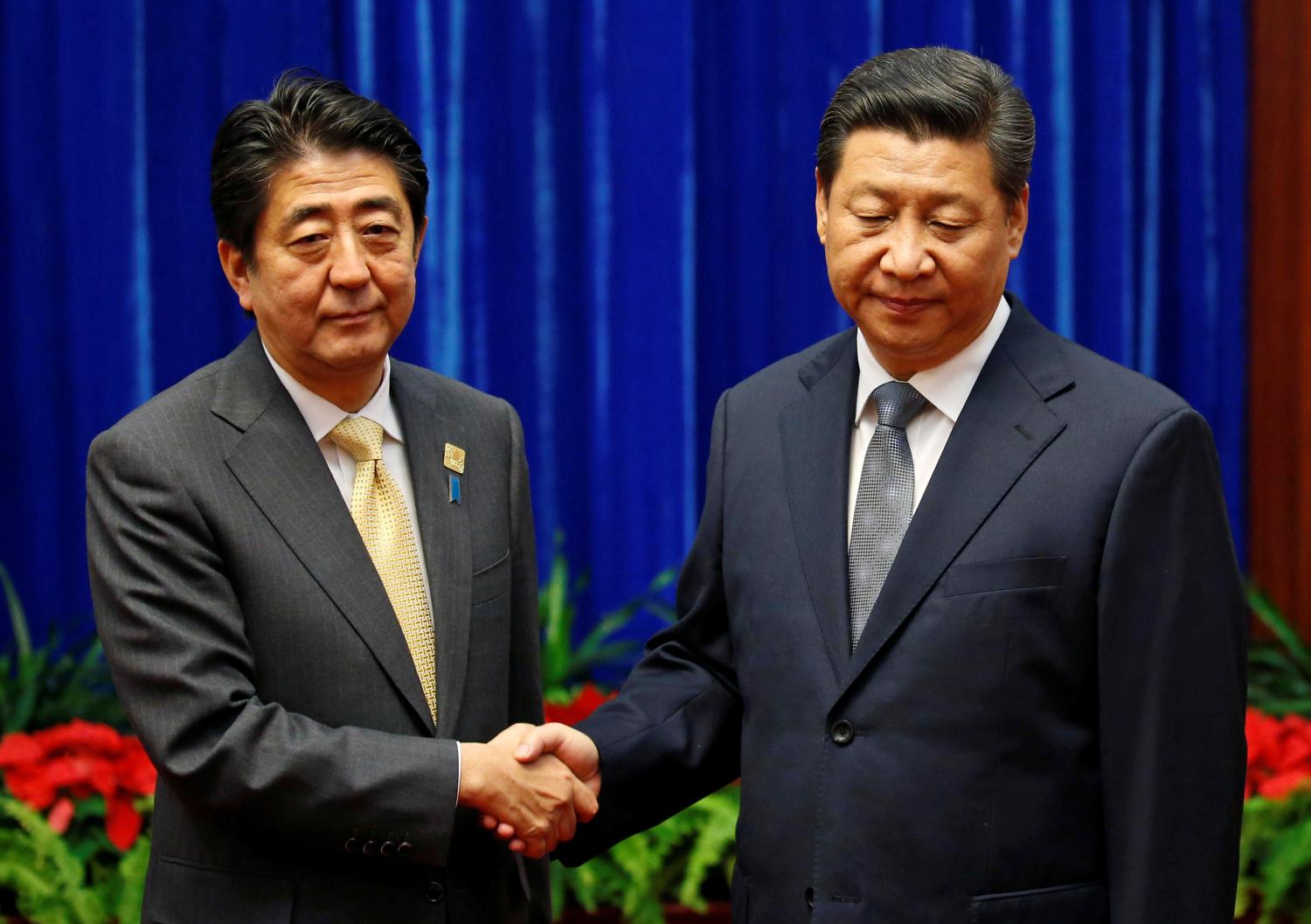In June 2002 hundreds of thousands of Korean citizens, participating in a series of candle-light vigils, protested against the acquittal of two U.S. soldiers charged with negligent homicide in the deaths of two teenage Korean girls during an off-base training exercise. The protesters also requested an apology from the U.S. and a major revision of the Status of Forces Agreement (SOFA), the legal code governing the U.S. soldiers stationed in the Republic of Korea (ROK). Some went even further by demanding the complete withdrawal of the U.S. Forces in Korea (USFK) and the termination of the U.S.-ROK security pact which has been a cornerstone of the close bilateral relationship for over fifty years. The magnitude and significance of the street protests were so great that, just days before the close of the tight presidential race later that year, the competing candidates each tried to tap into the rising tide of anti-American sentiment.
From an American perspective that considers the U.S. the ROK’s savior in the Korean War—and still deploys tens of thousands of soldiers to protect the ROK from its menacing neighbor to the north—such an aggressive and persistent hostility toward the U.S. represented ingratitude, even betrayal. As the election ended with a win for Roh Moo-hyun who, while a candidate, said that “he might offer to mediate if the U.S. and North Korea went to war,”1 American concerns toward the ROK appeared to have deepened.
The Brookings Institution is committed to quality, independence, and impact.
We are supported by a diverse array of funders. In line with our values and policies, each Brookings publication represents the sole views of its author(s).



